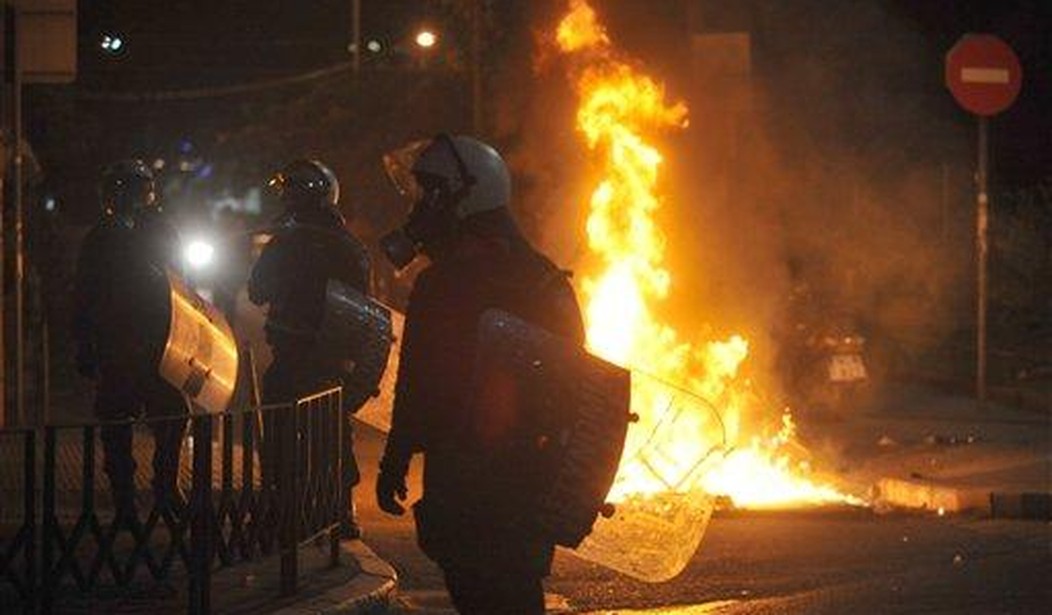A North Carolina bill that strengthens penalties for violent rioters will become law without the signature of Democratic Gov. Roy Cooper.
As Sarah covered, state lawmakers advanced H.B. 40 this month, which would toughen punishments on violent rioters and looters in North Carolina. The legislation is a direct result of protests that occurred in the aftermath of the death of George Floyd in 2020.
Reportedly, Cooper vetoed a similar measure two years ago, H.B. 805, claiming the legislation was “unnecessary.” Now, the state legislature has enough seats to override a veto if one state Democrat joins all Republicans to push the legislation through. In February, six Democrats joined in supporting the measure.
Cooper’s office issued a statement Friday explaining why he would allow the bill to take effect without his sign-off (via North Carolina Governor Roy Cooper):
"I acknowledge that changes were made to modify this legislation's effect after my veto of a similar bill last year. Property damage and violence are already illegal and my continuing concerns about the erosion of the First Amendment and the disparate impacts on communities of color will prevent me from signing this legislation."
The Act codifies new felony and misdemeanor charges for “[a]ny person who willfully engages in” or incites a riot. Charges vary depending on property damage, whether the person brandishes a weapon, and whether a rioter causes death “in the course of the riot,” as well as other factors. Property owners can also sue up to three times the actual damage sustained during a riot. And, the legislation clearly states: “Nothing in this Act shall be construed as intended to prevent or prohibit an individual’s right to his or her exercise of free speech or the right to peaceable assembly.”
Last year, Cooper claimed in a statement that the previous version of the Act “intended to intimidate and deter people from exercising their constitutional rights to peacefully protest.”
Recommended
In a statement, North Carolina House Speaker Tim Moore said, “[w]hile the First Amendment guarantees the right to peacefully protest, those who hijack otherwise peaceful demonstrations to cause chaos and destruction in our communities must be held accountable, and law enforcement must have our support to do just that. This bill has had bipartisan support since it was first introduced, and our communities will be safer now that this bill will finally become law.”
In 2020, riots occurred in Raleigh and Fayetteville. There were peaceful protests that occurred in the state as well. According to The Fayetteville Observer, police charged 55 people with looting and civil unrest during the riots. In Raleigh, protesters threw items at police officers and looted businesses, according to CBS 17. WRAL noted that many protesters were arrested and several police officers were sent to the hospital.

























Join the conversation as a VIP Member